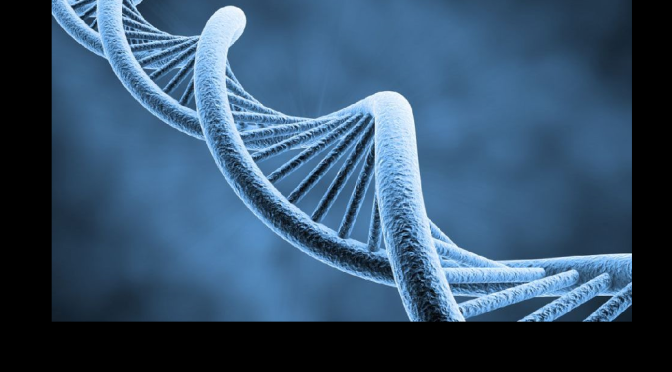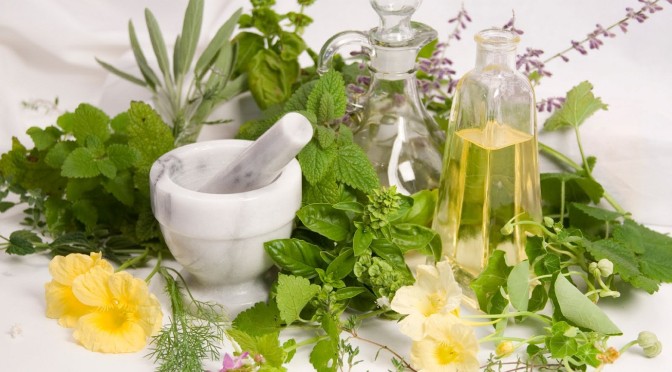From Mrs. Cog's Corner
The content on this page is for discussion purposes relating to health and well being only and is not intended to be medical advice. Links and sources provided are for informational purposes and do not represent an endorsement of a person, product or treatment.
Chelation is the removal of heavy metals from our bodies, including the bloodstream. It has long been know that such heavy metals as mercury and arsenic act as poisons to our systems, but living in today's toxic soup, we can add aluminum, barium, stronium and radioactive particles to metal substances we wish to purge from our bodies.
Questioning everything...
Why would you have unwanted metal in your body?
For starters, it appears there is arsenic in your rice. As Forbes magazine tells us according to information from Consumer Reports, there is probably a lot more than you realize. If you are someone who takes comfort in government data, the FDA says it's just a little arsenic and it's all good dawg.
Aluminum, now shown to cause Alzheimer's and Parkinson's to name a few (good clinical links at the bottom of this article), is in products all around us. It's in our deodorants, cookware, and drinking water. Here is a list of specific brands you may use which contain aluminum. There is even aluminum in the air we breathe.
Another culprit is mercury which we are exposed to from eating fish, certain dental fillings and from pollutants from coal fired power plants. Mercury is unfortunately also used in many modern vaccines and has, in some infant vaccines, has even been replaced with... wait for it... aluminum.
The number of different heavy metal toxins all around us are too voluminous for this page. I have included links to more information at the bottom.
How does Chelation remove heavy metal from our bodies?
Chelation introduces a substance that magnetically binds to heavy metals and carries them out of your body when waste is eliminated. A more detailed description of just how this binding process unfolds is also found here under the section on Calcium Bentonite Clay.
How can someone chelate naturally with food?
Although modern medicine has ways to introduce these substances via IV in cases of acute metal poisoning, there are many natural foods with the ability to chelate. More information about sources of chelating food can be found here, here and here.
There is much more information out there on the benefits of chelation and even the arguments against it because certain parties have claimed Chelation Therapy goes far beyond removing harmful toxins from your body. As always, I suggest you do your own research .
More information:
Heavy metal toxicity can cause a variety of signs and symptoms. While manifestations of toxicity vary among the many toxic metals, several symptoms are often observed and may be indicative of heavy metal toxicity. http://www.lef.org/protocols/health_concerns/heavy_metal_detoxification_06.htm#signs
Currently the two most important sources of mercury exposure for Americans are dental amalgams and vaccinations. The Federal government’s Centers for Disease Control and Prevention (CDC) and Food and Drug Administration (FDA), for reasons not explained, have chosen to ignore this fact. These agencies and the National Institutes of Health (NIH) focus exclusively on mercury in seafood, to the extent that the NIH will not fund studies that address mercury in amalgams and vaccines. http://www.lewrockwell.com/2004/09/donald-w-miller-jr-md/the-curse-of-mercury-in-vaccines/
The human body requires extremely trace amounts of a few metals, but too often the concern is with getting too much, rather than too little. Metals become toxic when the quantity is too high and it takes really very little to be too much. http://www.globalhealingcenter.com/natural-health/effects-of-toxic-metals/
Heavy Metal Poisoning Symptoms - Many of the toxicity symptoms listed below are also signs that you could have developed any number of health conditions including autoimmune disease, liver and kidney disease, Crohn's disease, Chronic Fatigue Syndrome, colitis, Irritable Bowel Syndrome, fibromyalgia, Leaky Gut Syndrome, and neuromusclular disorders. http://www.evenbetterhealth.com/heavy-metal-poisoning-symptoms.asp


